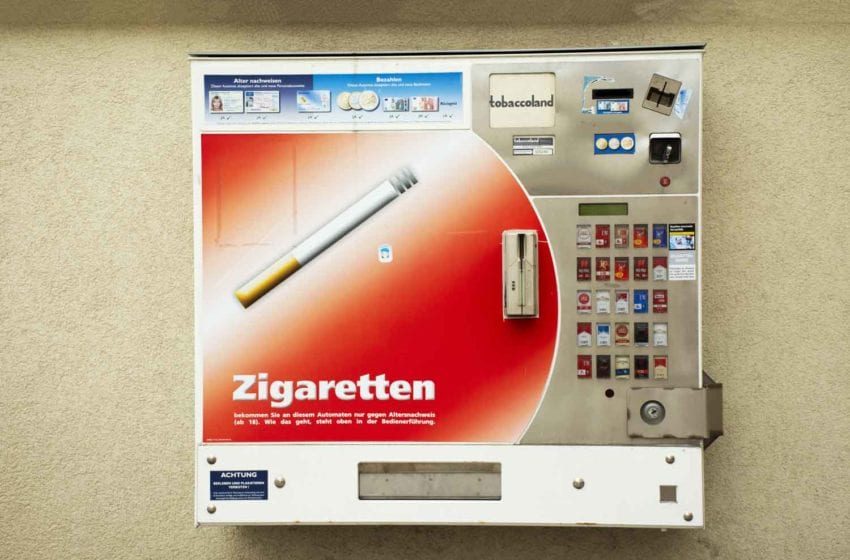None of the current tobacco product advertising restrictions apply to e-cigarettes.Read More
Tags :advertising
A lawmaker in Scotland wants to ban the public display of e-cigarettes in retail shops. Read More
The bill covers expenses relating to a large variety of products, including e-cigarettes. Read More
The legislation will be gradually implemented from 2021 to 2024. Read More
“Out of home” is emerging as the media channel of choice for legal and effective tobacco advertisingRead More
After the new rules take effect, tobacco promotions will be limited to specialist shops. Read More
Lawmakers in China may introduce tough new restrictions on tobacco advertisements, according to a story in the China Daily. A draft revision to the country’s 20-year-old Advertisements Law will be voted upon tomorrow; the Read More






